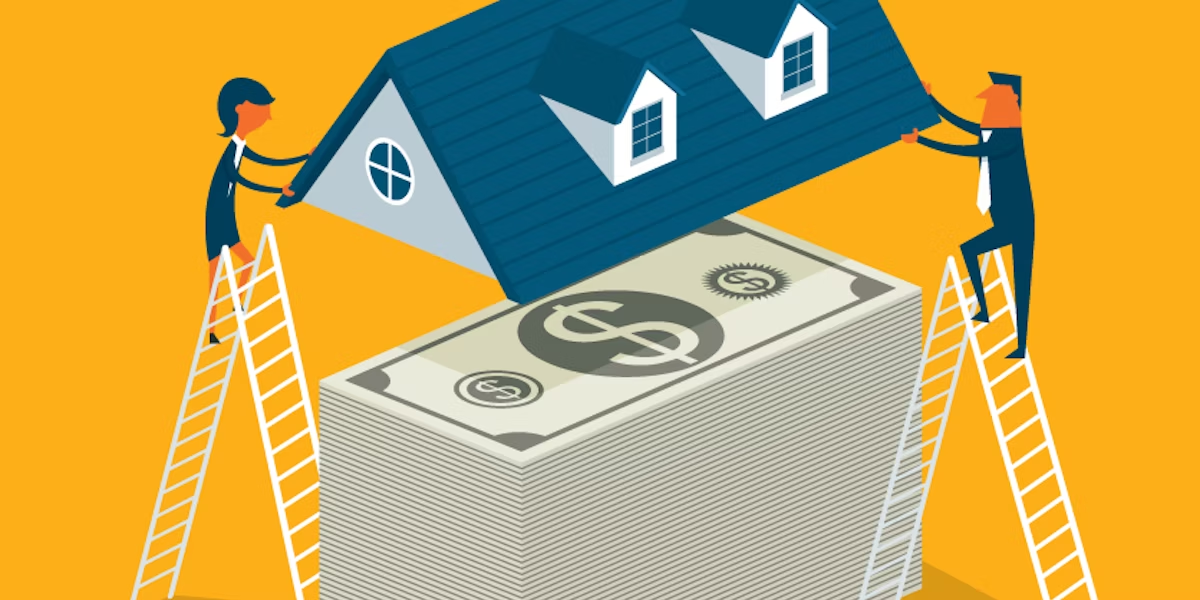Credit card debt can become overwhelming, especially when multiple accounts accumulate high-interest charges. Many individuals find themselves struggling to keep up with monthly payments, often only covering the minimum due, which barely reduces the principal balance. Consolidating credit card debt offers a structured approach to managing finances by merging multiple debts into a single, more manageable payment, often with a lower interest rate. This strategy can simplify repayment, reduce financial stress, and help borrowers regain control of their money.
Common Causes of Credit Card Debt Accumulation
Several factors contribute to the buildup of credit card debt. Overspending on non-essential items, unexpected financial emergencies, medical bills, and job loss can all lead to high balances. Additionally, many credit cards have interest rates that exceed 20%, making it difficult to pay off debt efficiently. When individuals rely on credit cards to cover daily expenses without a repayment plan, their financial situation can quickly become unmanageable.
Advantages of Consolidating Credit Card Debt
Opting for debt consolidation can provide significant financial benefits. By securing a lower interest rate, borrowers can reduce the overall amount they pay over time. A single monthly payment simplifies budgeting and minimizes the likelihood of missed payments and late fees. Additionally, successful consolidation can improve an individual's credit score by decreasing their credit utilization ratio and establishing a consistent payment history.
Methods of Credit Card Debt Consolidation
There are multiple ways to consolidate credit card debt, each catering to different financial circumstances and credit profiles. Understanding the available options can help borrowers make an informed decision about the best approach for their needs.
Balance Transfer Credit Cards
One of the most accessible debt consolidation strategies is using a balance transfer credit card. These cards often feature an introductory period with little to no interest, allowing individuals to move existing balances onto a new card. This can provide an opportunity to pay off debt more quickly without accumulating additional interest. However, balance transfer fees and qualification requirements should be carefully considered before choosing this option.
Personal Debt Consolidation Loans
A personal loan for debt consolidation allows borrowers to merge multiple credit card balances into a single fixed-rate loan. This option can provide a predictable repayment schedule with a set monthly payment, making budgeting easier. The key to success with this approach is securing a loan with an interest rate lower than the current credit card rates.
Home Equity Loans and HELOCs
Homeowners may leverage their property's equity to consolidate debt through a home equity loan or a home equity line of credit (HELOC). Since these loans use the home as collateral, they often come with lower interest rates than unsecured loans. However, borrowers should be aware that failing to make payments could put their home at risk.
Debt Management Plans
For those who need professional assistance, enrolling in a debt management plan (DMP) through a nonprofit credit counseling agency can be a viable solution. A counselor negotiates with creditors to reduce interest rates and establish a structured repayment plan. This approach requires individuals to commit to a fixed repayment schedule and may necessitate closing some credit accounts.
Borrowing from Retirement Accounts
Some individuals consider borrowing from their 401(k) or other retirement savings accounts to consolidate credit card debt. While this method can provide quick access to funds, it comes with risks. Withdrawing from retirement savings can disrupt long-term financial planning, and failure to repay the loan within the required timeframe could result in taxes and penalties.
Important Considerations Before Consolidating Debt
Before proceeding with debt consolidation, individuals should evaluate the financial implications and long-term effects of their decision. Understanding these key considerations can help prevent further financial hardship.
Interest Rates and Additional Costs
Not all consolidation methods guarantee savings. It is essential to compare interest rates, fees, and loan terms to ensure that the chosen method results in lower overall costs. Some balance transfer cards and loans include hidden fees, such as origination costs, that could offset potential savings.
Effects on Credit Scores
Debt consolidation can impact credit scores in different ways. Applying for a new loan or credit card may cause a temporary drop in credit scores due to hard inquiries. However, consistently making on-time payments can improve credit scores over time by demonstrating financial responsibility.
Developing Responsible Financial Habits
Debt consolidation is only effective if individuals commit to avoiding additional debt. Those who continue to rely on credit cards for everyday expenses may find themselves in a worse financial position than before. Creating a budget and practicing disciplined spending habits are essential for long-term financial stability.
Understanding Loan Repayment Terms
Some debt consolidation loans offer lower monthly payments by extending the loan term. While this can make payments more manageable, it may lead to higher total interest costs in the long run. Borrowers should carefully review repayment terms to strike a balance between affordability and minimizing interest expenses.
Alternative Approaches to Paying Off Credit Card Debt
Debt consolidation is not the only way to tackle credit card debt. For those who may not qualify for consolidation loans or balance transfer cards, alternative strategies can be just as effective.
Snowball Debt Repayment Method
The snowball method focuses on paying off the smallest debt first while maintaining minimum payments on other balances. Once the smallest balance is cleared, the payment amount is rolled into the next smallest debt. This approach provides psychological motivation by offering quick victories.
Avalanche Debt Repayment Method
The avalanche method prioritizes paying off the highest-interest debt first, minimizing total interest payments. While it may take longer to see results, this approach saves more money in the long run compared to the snowball method.
Seeking Financial Counseling
Working with a credit counseling agency can provide valuable guidance on managing debt and improving financial literacy. Counselors can assist with creating personalized repayment plans and negotiating lower interest rates with creditors.
Increasing Income and Reducing Expenses
Finding additional sources of income, such as freelance work or a part-time job, can accelerate debt repayment. Cutting unnecessary expenses and redirecting those funds toward debt payments can also make a significant difference.
Steps to Take After Consolidating Debt
After successfully consolidating credit card debt, individuals must adopt smart financial habits to avoid future debt accumulation and maintain financial stability.
Creating a Realistic Budget
A well-planned budget helps individuals allocate their income effectively, ensuring that they prioritize debt payments while covering essential expenses. Tracking spending can prevent overspending and encourage mindful financial decisions.
Building an Emergency Fund
Establishing an emergency fund can prevent future reliance on credit cards for unexpected expenses. Even saving a small amount each month can create a financial cushion over time.
Using Credit Cards Responsibly
Maintaining responsible credit card usage is crucial after debt consolidation. This includes paying balances in full each month, avoiding impulse purchases, and keeping credit utilization low to maintain a healthy credit score.
Setting Long-Term Financial Goals
Having clear financial goals, such as saving for a home, retirement, or education, can help individuals stay focused and motivated. Creating a long-term financial plan ensures that debt consolidation leads to lasting financial health.
Conclusion
Consolidating credit card debt can provide relief to those struggling with multiple high-interest balances. By selecting the right strategy and committing to responsible financial habits, individuals can regain control of their finances and work toward a debt-free future. However, consolidation is only effective if accompanied by disciplined money management and a commitment to long-term financial stability. With careful planning and informed decision-making, individuals can break free from the cycle of credit card debt and build a secure financial foundation.

